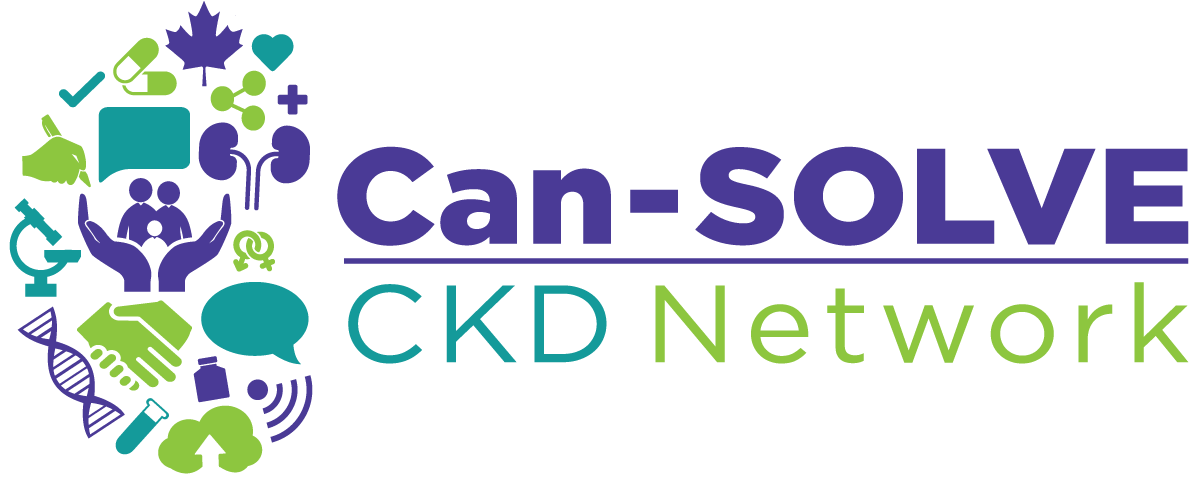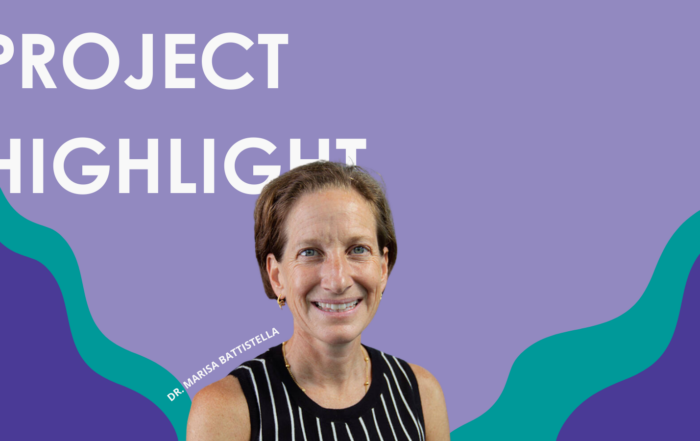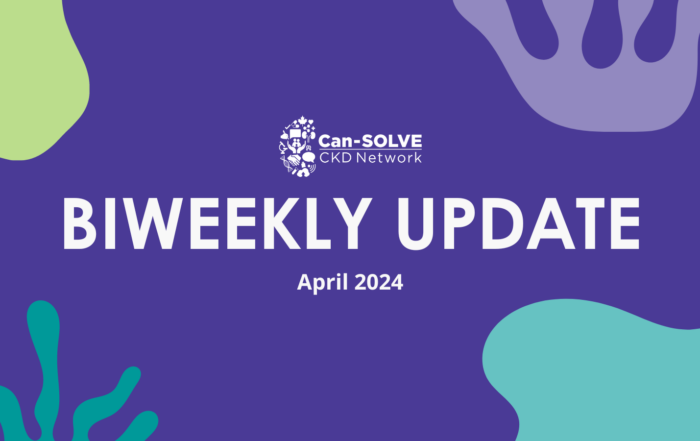
November 30, 2023
Can-SOLVE CKD has been working hard to transform kidney care for Canadians, and the effects are gaining attention at an international level. Most recently, the decision aid created by the APPROACH team won an award from the American Heart Association’s Kidney in Cardiovascular Disease Educational Tools Contest, raking in many positive reviews from the judges and $2,000 in prize money.
“I was both shocked and thrilled at the recognition our whole team received,” says Julie Babione, a Human-Centred Design Research Associate at the University of Calgary who helped co-design the tool. “All of us, including our patient partners… worked very hard to bring this tool to fruition, and it feels great to have that hard work externally validated and recognized.”
Kidney patients are at increased risk of cardiovascular complications, and yet some cardiovascular tests can negatively impact the kidneys. The tool developed by the APPROACH team, called “My Heart and CKD” aims to support patients in deciding whether or not to pursue testing. The tool is available online for anyone to use and can also be printed for those who prefer paper. Doctors and their patients can access the tool together and walk through a step-by-step process that informs kidney patients about the benefits and risks of two common cardiovascular treatment options, and explores how the patient’s priorities align with each option.
Babione notes that, traditionally, doctors have told their kidney patients about the risks and benefits of cardiovascular testing and provided recommendations based on the patients’ health status. “But if the patient isn’t presented with all the options and walked through why this option is better than that option, they aren’t really involved in the decision-making process,” she explains. “So that’s really what our tool is trying to do.”
Importantly, My Heart and CKD was created using a human-centred design approach, which means the tool was designed from idea to development and delivery with the patient’s needs in mind. Along with providing details on the different testing options, the tool provides guided questions to help the patient consider and communicate their values and preferences to their doctor. Then, patients are presented with an opportunity to express whether they are ready to make the decision, if they need more time, or would like to consult with family members.
The tool received excellent feedback from the contest judges, who noted that the tool was very “well thought out,” and they “would love to see a wide implementation [of it].”
The APPROACH team is already one step ahead. “We are making plans to conduct a pilot study of our shared decision aid in a few Alberta clinics in the near future and thinking about how to disseminate this tool more widely beyond a pilot study,” says Babione, noting that the APPROACH team will likely reinvest the prize money from the contest to help with those plans.
L’équipe d’APPROACH remporte un concours pour son outil d’aide à la décision centrée sur le patient
Can-SOLVE CKD a travaillé d’arrache-pied pour transformer les soins rénaux pour les Canadiens, et ses effets attirent l’attention au niveau international. Plus récemment, l’aide à la décision créée par l’équipe APPROACH a remporté un prix dans le cadre du concours « Kidney in Cardiovascular Disease Educational Tools Contest » de l’American Heart Association, récoltant de nombreuses critiques positives de la part des juges et un prix de 2 000 dollars.
« J’ai été à la fois choquée et ravie de la reconnaissance que toute notre équipe a reçue », déclare Julie Babione, associée de recherche en conception centrée sur l’humain à l’Université de Calgary, qui a participé à la conception de l’outil. « Nous avons tous, y compris nos patients partenaires, travaillé très dur pour mettre au point cet outil, et c’est une grande satisfaction de voir ce travail validé et reconnu par des organismes externes. »
Les patients souffrant de troubles rénaux présentent un risque accru de complications cardiovasculaires, alors que certains tests cardiovasculaires peuvent avoir un impact négatif sur les reins. L’outil développé par l’équipe APPROACH, appelé « My Heart and CKD (Mon cœur et la maladie rénale chronique) » a pour but d’aider les patients à décider s’ils doivent ou non subir des tests. L’outil est disponible en ligne et peut être imprimé pour ceux qui préfèrent le papier. Les médecins et leurs patients peuvent accéder ensemble à l’outil et suivre un processus étape par étape qui informe les patients atteints de maladie rénale sur les avantages et les risques de deux options de traitement cardiovasculaire courantes, et explore la façon dont les priorités du patient s’alignent sur chaque option.
Babione note que, traditionnellement, les médecins informent leurs patients atteints de maladies rénales des risques et des avantages des tests cardiovasculaires et leur donnent des recommandations en fonction de leur état de santé. « Mais si le patient ne se voit pas présenter toutes les options et expliquer pourquoi telle option est meilleure que telle autre, il n’est pas vraiment impliqué dans le processus de prise de décision », explique-t-elle. « C’est donc ce que notre outil tente de faire. »
Il est important de noter que My Heart and CKD a été créé selon une approche de conception centrée sur l’humain, ce qui signifie que l’outil a été conçu, de l’idée au développement et à la livraison, en gardant à l’esprit les besoins du patient. En plus de fournir des détails sur les différentes options de test, l’outil propose des questions guidées pour aider le patient à réfléchir et à communiquer ses valeurs et ses préférences à son médecin. Ensuite, les patients ont la possibilité d’exprimer s’ils sont prêts à prendre la décision, s’ils ont besoin de plus de temps ou s’ils souhaitent consulter des membres de leur famille.
L’outil a reçu d’excellents commentaires de la part des juges du concours, qui ont noté qu’il était très « bien pensé » et qu’ils « aimeraient qu’il soit mis en œuvre à grande échelle ».
L’équipe d’APPROACH a déjà une longueur d’avance. « Nous prévoyons de mener une étude pilote de notre outil d’aide à la décision partagée dans quelques cliniques de l’Alberta dans un avenir proche et nous réfléchissons à la manière de diffuser cet outil plus largement au-delà de l’étude pilote », déclare Babione, en précisant que l’équipe d’APPROACH réinvestira probablement l’argent du prix du concours pour contribuer à ces projets.
More Network Updates
Connect with us!
Subscribe to learn more about what we do, why it matters, and how you can get involved!
